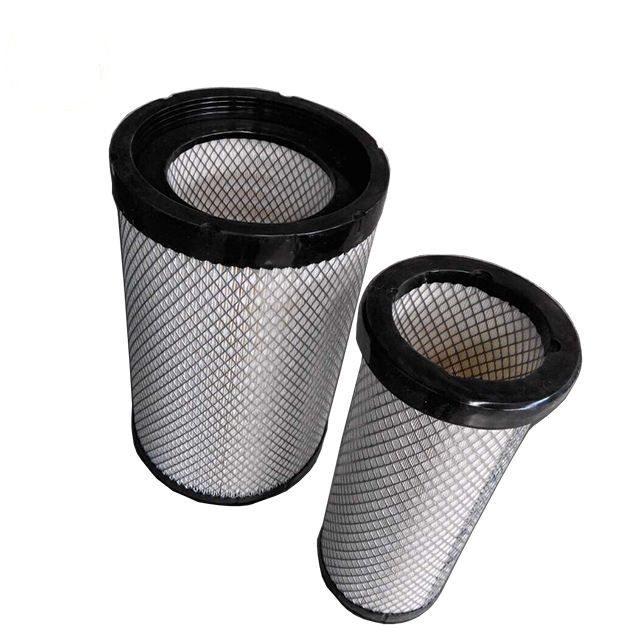Breathing Clean: The Vital Role of Air Filters in HVAC Systems and Engines
2023-11-17
Introduction:
In the intricate machinery of HVAC systems and engines, the unsung hero is often the humble air filter. Though small in size, its impact is monumental. In this blog post, we will unravel the primary function of an air filter in both HVAC systems and engines, exploring why this seemingly modest component plays a crucial role in maintaining efficiency and ensuring optimal performance.
1. Filtration of Airborne Particles:
At its core, the primary function of an air filter is to purify the air. In HVAC systems, the filter captures dust, pollen, mold spores, pet dander, and other airborne particles, preventing them from circulating through the ducts and entering the living spaces. In engines, the air filter serves a similar purpose, preventing contaminants from reaching critical engine components.
2. Protection Against Debris:
In engine applications, the air filter acts as a barrier against debris that could potentially cause damage to the engine. It prevents larger particles like dirt and leaves from entering the combustion chamber or engine cylinders, safeguarding the internal components and ensuring smooth operation.
3. Enhancing Air Quality:
For HVAC systems, the air filter is a frontline defender of indoor air quality. By capturing and trapping pollutants, allergens, and irritants, it contributes to creating a healthier living environment. This is especially crucial for individuals with respiratory conditions or allergies.
4. Optimizing System Efficiency:
A clean and efficient air filter is essential for the optimal functioning of both HVAC systems and engines. In HVAC systems, a clogged or dirty filter can restrict airflow, causing the system to work harder and consume more energy. In engines, a compromised filter can lead to reduced fuel efficiency and decreased overall performance.
5. Extending Equipment Lifespan:
The air filter plays a role in prolonging the lifespan of HVAC systems and engines. By preventing the ingress of contaminants, the filter helps maintain the cleanliness of internal components, reducing wear and tear and minimizing the risk of mechanical failures.
6. Improving Energy Efficiency:
In HVAC systems, a clean air filter contributes to energy efficiency by allowing the system to operate smoothly. When airflow is unimpeded, the system doesn't have to work as hard to maintain the desired temperature. This, in turn, leads to energy savings and lower utility bills.
7. Preventing Icing in HVAC Systems:
In colder climates, a clean air filter is essential in preventing the formation of ice on the evaporator coil of an HVAC system. Restricted airflow caused by a dirty filter can lead to the coil getting too cold, resulting in ice buildup and potential system malfunctions.
8. Maintaining Consistent Airflow:
Consistent and unrestricted airflow is crucial for both HVAC systems and engines. A clean air filter ensures that the necessary volume of air can flow freely through the system, maintaining balance and preventing issues such as overheating in engines or uneven heating and cooling in HVAC systems.
Conclusion:
In the intricate dance of air circulation within HVAC systems and engines, the air filter emerges as a silent guardian, tirelessly performing its primary function of purifying the air. By capturing particles, preventing debris from entering critical components, and contributing to overall system efficiency, the air filter proves itself to be an indispensable component in the pursuit of clean air, enhanced performance, and the longevity of HVAC systems and engines. As we appreciate the simplicity of its function, let's not underestimate the profound impact this small but mighty filter has on the health of our living spaces and the efficiency of our machinery.



